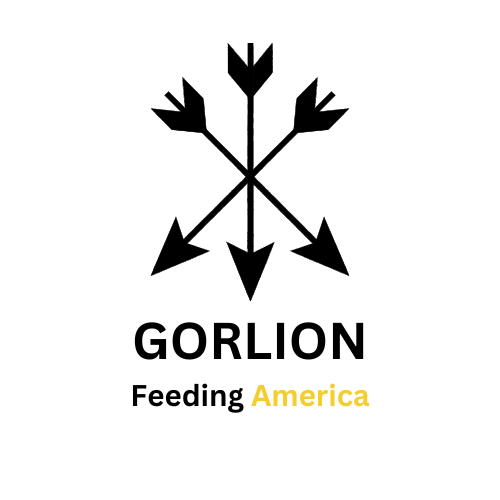As an agricultural commodities trader, I must say that the current economic situation in the United States is concerning. The 1.1% Q1 GDP growth confirms that the economy is getting weaker, and the recent surge in inflation is only making matters worse. It appears that the Federal Reserve has lost its war against inflation, and the U.S. economy is paying the price.
The truth is, inflation has won, and the U.S. economy has lost. The Federal Reserve’s inability to control inflation has put a significant strain on the economy, and this is particularly true for food and beverage manufacturers. Inflation has caused the cost of raw materials to skyrocket, making it increasingly difficult for food and beverage manufacturers to maintain their profit margins.
The impact of inflation on agricultural commodities has been particularly severe. As food and beverage manufacturers well know, agricultural commodities are a critical component of their supply chain. The cost of key commodities like corn, wheat, and soybeans has surged since last year and this trend is expected to continue. This means that food and beverage manufacturers will have to pay more for the raw materials they need to produce their products, and this will inevitably lead to higher prices for consumers.
All of this adds up to a very challenging environment for food and beverage manufacturers. Inflation and supply chain disruptions are putting significant pressure on profit margins, and there are no easy solutions. However, there are steps that companies can take to mitigate the risks posed by these challenges.
One of the most important steps that food and beverage manufacturers can take is to work with a commodity risk management firm like Gorlion Corporation. By partnering with a firm that specializes in managing commodity risk, food and beverage manufacturers can better navigate the volatile commodity markets. Gorlion has the ability to help clients manage commodity risk and develop strategies to mitigate the impact of inflation and supply chain disruptions.
Another important step that food and beverage manufacturers can take is to diversify their supply chains. By sourcing raw materials from multiple suppliers and regions, companies can reduce their exposure to supply chain disruptions and inflationary pressures. This is particularly important in the current environment, where supply chain disruptions are becoming increasingly common.
In conclusion, the current economic environment in the United States is challenging, and the impact of inflation and supply chain disruptions is particularly severe for food and beverage manufacturers. However, there are steps that companies can take to mitigate the risks posed by these challenges. Working with a commodity risk management firm like Gorlion and diversifying supply chains are two important steps that can help companies navigate the volatile commodity markets and maintain their profit margins. Don’t wait until it’s too late. Contact us today to schedule a consultation and start developing a strategy to manage commodity risk.

